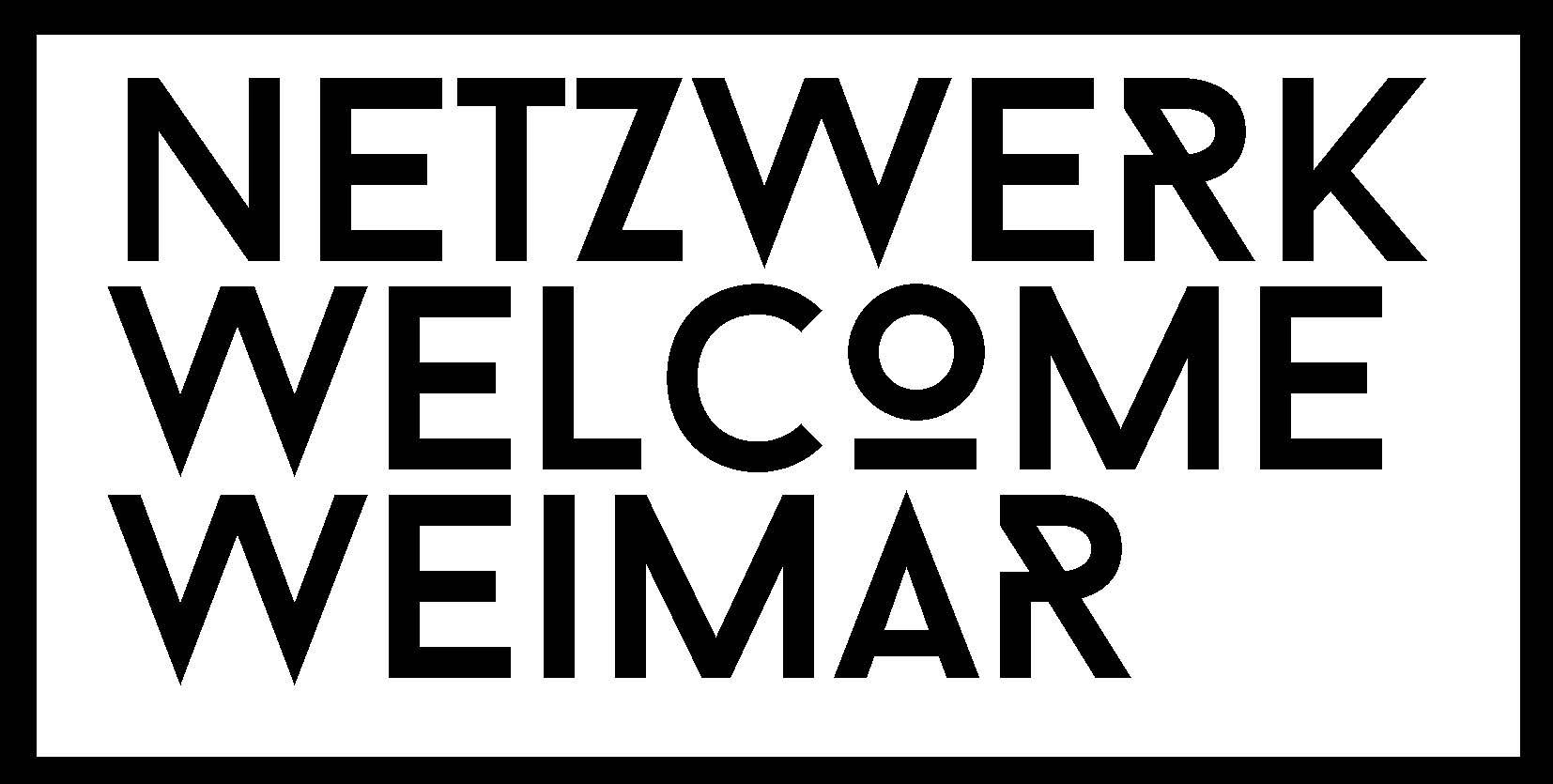How do I find the right study course?
Once you have decided to study you have to deal with the question which course is the right one for me? First you need to decide between two different types of secondary education. On the one hand the „Fachhochschule“, on the other the University. Fachhochschulen offer a practice-based education, their degrees are highly valued e.g. by engineering firms and a Bachelor’s degree is often enough to find a job. Universities on the other hand are theoretically oriented and offer a wider field of courses. This is where most of the scientific research in Germany takes place. Hence most psychology and science oriented courses (German, Philosophy, Anthropology, History and so on) are university based.
Each institution (university or Fachhochschule) organizes their courses differently. A computer science course in Berlin and a computer science course in Chemnitz may have equal themes – but they are never identical! So it is useful to read through each courses details and description, the course list as well as the study and examination regulations online and compare. The general course guidance centre, the course consultations or student initiatives may help if you are not sure.
Germany has almost 400 colleges and over 10.000 different courses. The „Hochschulkompass“ (Higher education compass) is a great tool to choose the right one. We recommend the „advanced search“. With one click on „Subject groups, areas of study, fields of study“ one can add their field of interest. Furthermore you can search for colleges close to you („geographic criteria“). At the end you will get a list including all matching courses.
Now comes the main part of work: each interesting name stands for a different course with different requirements/ restricted admission, different application dates and themes. Information for each course can be found in the Hochschulkompass or on the Website of the University. Here you will get detailed information on themes and structure of the course as well as the requirements, application process and contact details for any questions.
What does „Zulassungsbeschränkung“ mean?
German secondary education courses can be divided into two different groups: with and without „Zulassungsbeschränkung“ (basically meaning restricted admission). This distinguishes between courses everyone who is qualified for university can attend and courses which require special qualifications. For courses without restricted admission you only need a general university qualification (e.g. A-Levels) and have to hand in all required documents (papers, language documents etc.) in time and – when everything is alright – you will be accepted.
If there are more applicants than available places admission will be restricted and special requirements will be set up by the university to choose which applicants get the available spaces. This process is diverse and different from university to university. Often this is done by the „Numerus Clausus“ (NC), sometimes special tests, motivational letters or even job experiences will be considered as well. NC means the A-Level score of all applicants will be compared and those with the best grades will get in. To convert your grade from abroad to the German system the „Bavarian Formula“ is used.
At least once definite application requirements are considered a talk to the university is adivsed. The procedures especially concerning the NCs of international students (including refugees) the acceptance of language exams and possible requirement of A-Level copy verifications changes drastically between the different schools.
The general requirements for studying, which language skills and educational levels are required will be explained in the next article.
Links:
The General Academic Advising at the Bauhaus-Universität Weimar provides counseling and support during your transition from school to university and the time of your course. They offer help and assistance for any study related or private problems. Based on your personal and social situation we offer orientation and want to work out a plan of action with you.
Bavarian Formula to convert the equivalent grades of international school degrees
